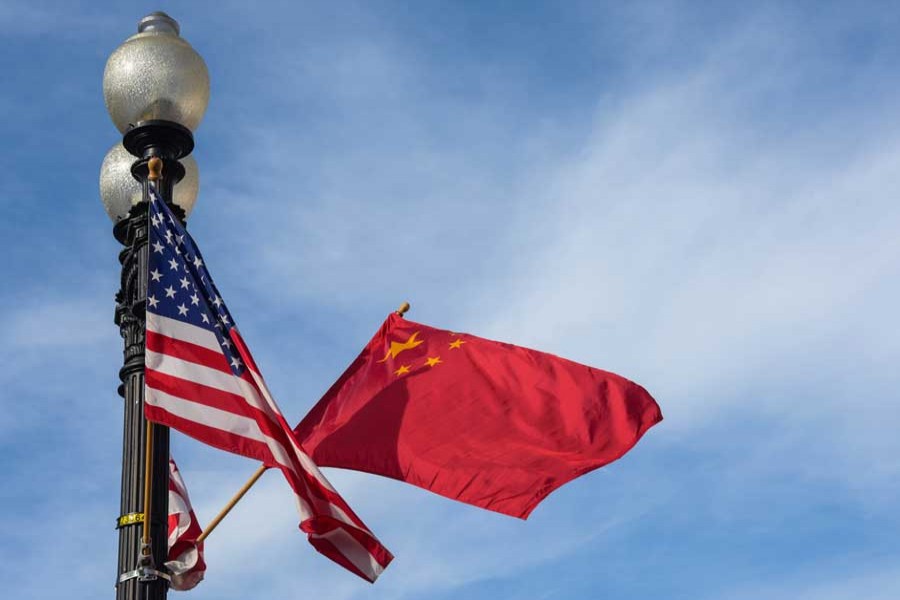The China-US phase-one economic and trade deal is a concrete step toward de-escalating bilateral tensions, experts have said.
"We see the phase-one agreement as modest, but for now, it ends the escalation pattern," Stephen Gallagher, chief US economist at the French multinational investment bank Societe Generale, told Xinhua in an interview.
China and the United States have agreed on the text of a phase-one economic and trade agreement based on the principle of equality and mutual respect.
The text includes chapters on intellectual property rights, technology transfer, food and agricultural products, financial services, exchange rates and transparency, trade expansion, and dispute settlements, according to a statement issued by the Chinese side on Dec 13.
Gallagher said the key takeaway for the announcement is that "we see a more constructive environment" for bilateral trade negotiations, adding that electronics, agriculture and general manufacturing can all benefit from the deal.
The progress is significant in that the announcement represents the first time that trade negotiations have led to an actual reduction in tariffs, rather than a mere delay, Mark Haefele, global chief investment officer at UBS Wealth Management, said earlier this week.
Haefele added that the two sides may have reached the point of "peak tariffs" and this deal could be the start of a series of phased rollbacks.
The phase-one trade deal will improve business sentiment and encourage businesses to expand capital expenditures, experts have said.
"This (deal) could unlock further upside for equity markets, driven by an improvement in business confidence and a recovery in investment," Haefele and his team said in a note.
U.S. equities posted solid weekly gains as investors cheered the agreement. For the week, the Dow added 1.13 per cent, the S&P 500 gained 1.65 per cent, and the Nasdaq rose 2.18 per cent.
Wendy Cutler, vice president of the Asia Society Policy Institute, said the deal "should go a long way in reversing the downward spiral in bilateral trade relations and increasing certainty for US businesses."
"America's trading partners around the world who were feeling the pain of this trade war must also be breathing a sigh of relief," added Cutler, a veteran trade negotiator who once served as acting deputy US trade representative.
Ethan S. Harris, global economist at Bank of America Securities, said in a report that the deal appears to include not only a delay of the December tariffs but also some rollbacks of earlier measures.
If confirmed, the deal should be "a modest tailwind for the global economy," Harris added.


